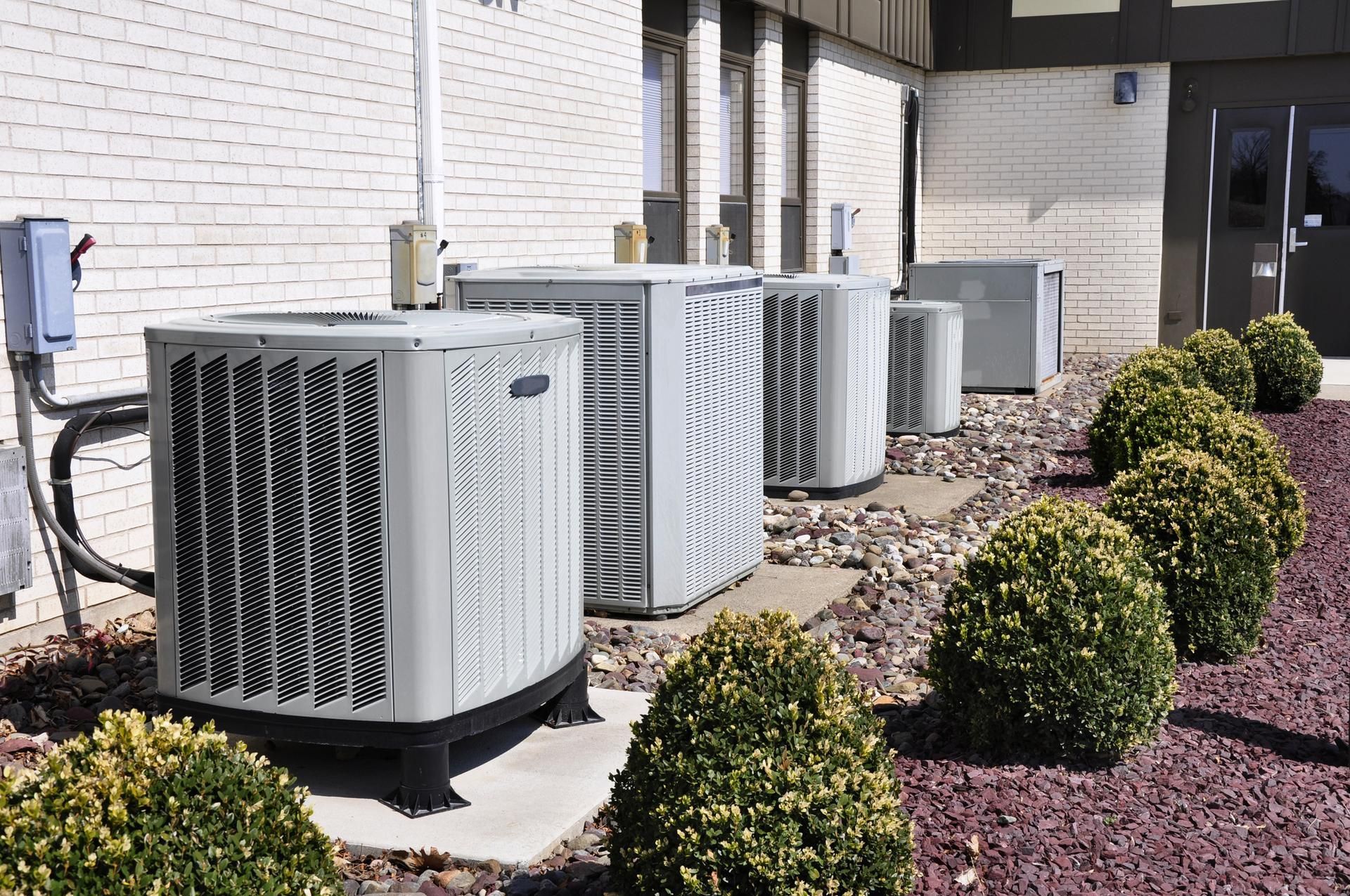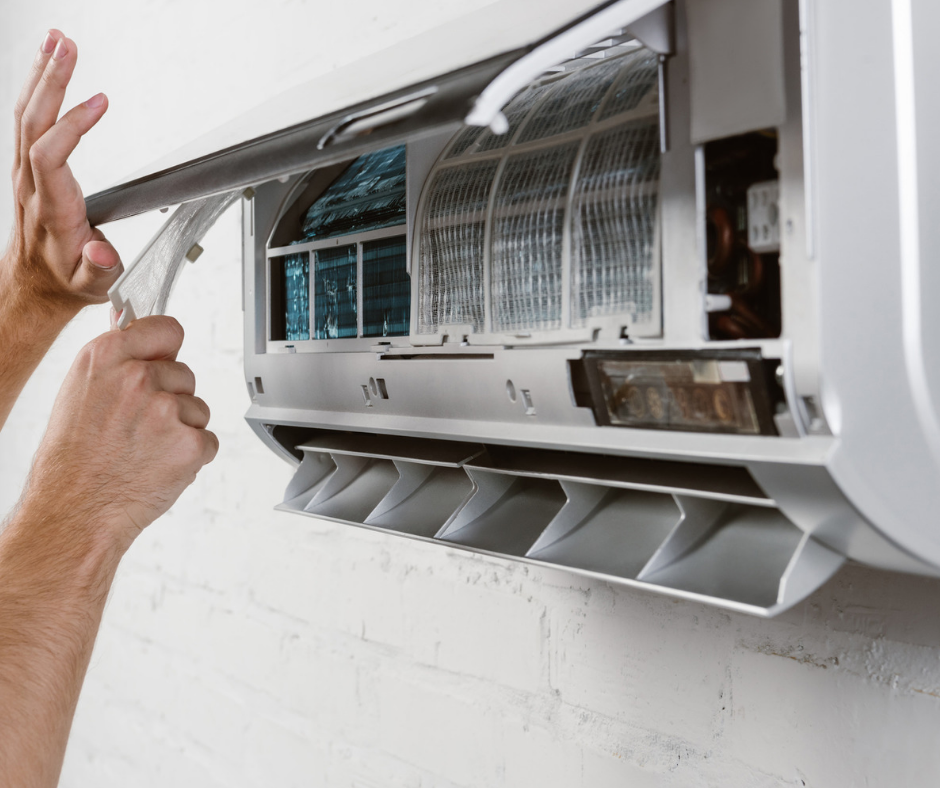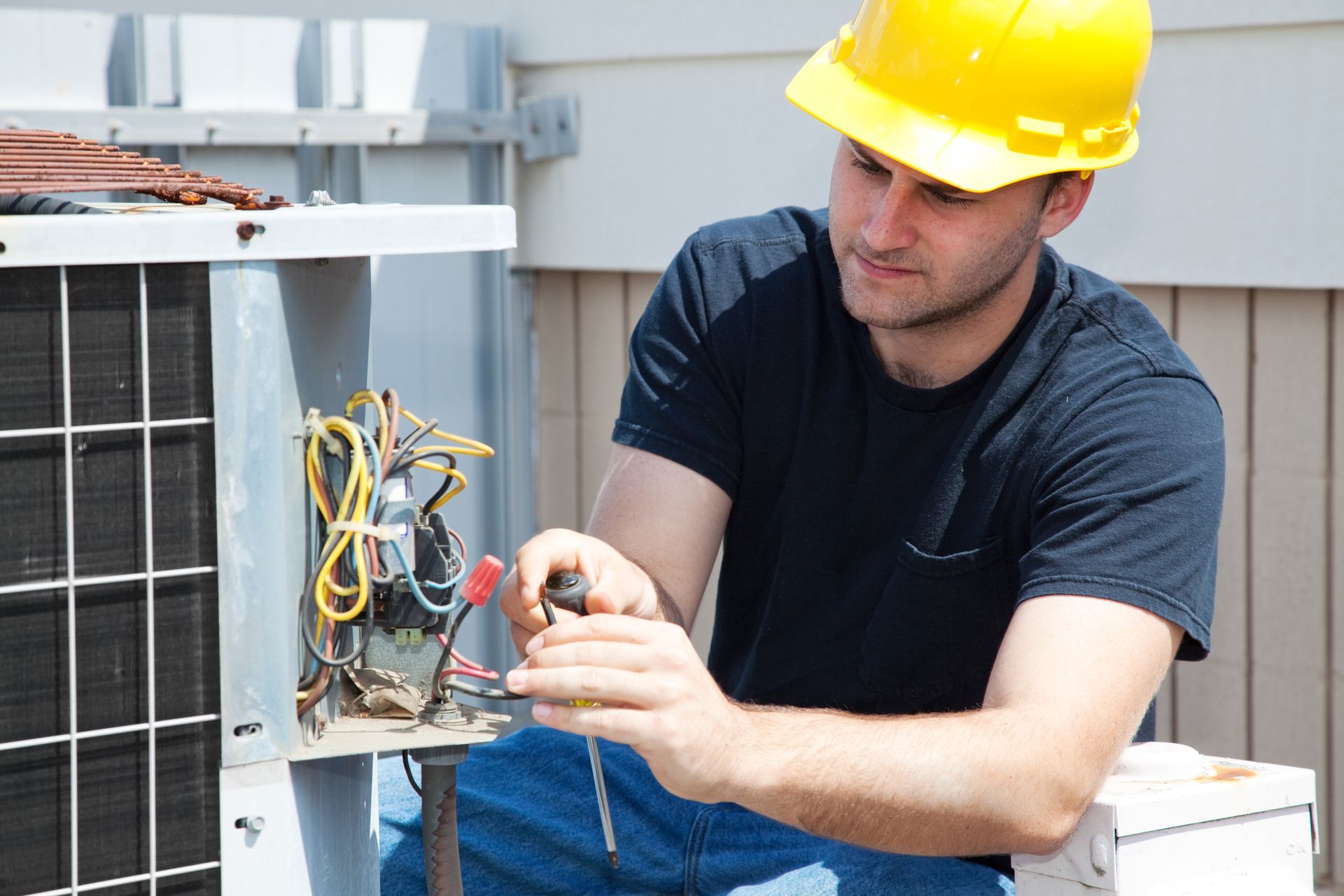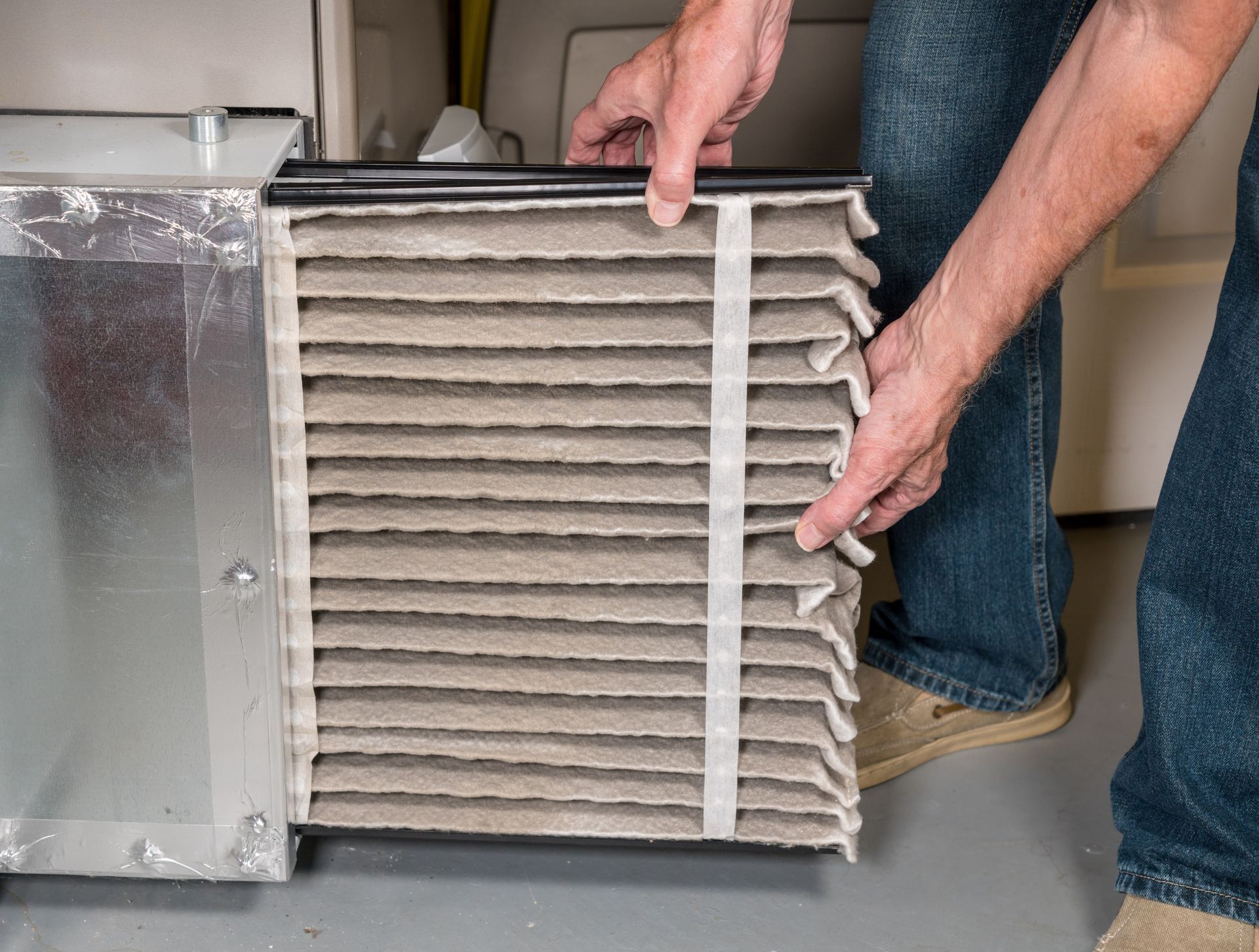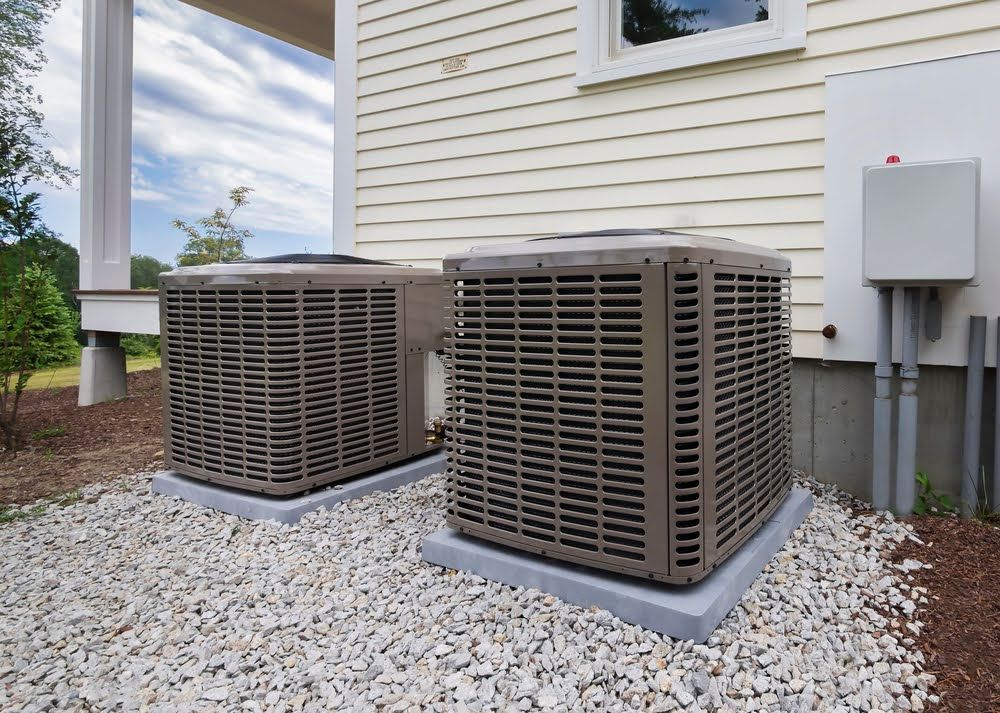Understanding Residential AC System Longevity
A central air conditioning system is a significant investment for any homeowner, providing crucial comfort during warm weather. Understanding the typical lifespan of these units and recognizing the signs that indicate a potential need for replacement can help you plan proactively, avoid unexpected breakdowns, and ensure your home remains a cool and comfortable sanctuary. While various factors can influence the longevity of your residential AC system, knowing the general expectations and warning signals is key to smart home maintenance.
The Average Lifespan: How Long Can You Expect Your AC to Last?
Generally, a well-maintained residential central air conditioning system can last anywhere from 15 to 20 years. However, this is just an average, and the actual lifespan can vary significantly based on several factors. The quality of the initial installation plays a crucial role; a system that is improperly sized or installed may work harder and fail sooner. Regular maintenance, as recommended by manufacturers, is perhaps the most significant factor in extending the life of your AC unit. Consistent filter changes, coil cleanings, and annual professional tune-ups can prevent minor issues from escalating into major problems and prolong the system's overall lifespan. Conversely, neglecting maintenance can drastically shorten the time you can expect your AC to function efficiently. The climate in your region also plays a part; in areas with longer and more intense cooling seasons, the AC unit will naturally experience more wear and tear. Finally, the quality and brand of the unit itself can influence its longevity, with some higher-end models often built with more durable components.
Recognizing the Warning Signs: When Replacement Might Be Necessary
While regular maintenance can extend the life of your AC, eventually, all systems will need to be replaced. Recognizing the signs that your current unit is nearing the end of its lifespan or is no longer operating efficiently can help you make an informed decision about replacement before a complete breakdown occurs.
Age of the Unit
If your air conditioning system is approaching or has exceeded the 15-20 year mark, it's wise to start considering a replacement, even if it seems to be functioning adequately. Older units often become less efficient over time, leading to higher energy bills, and are more prone to breakdowns.
Frequent Breakdowns and Costly Repairs
If your AC system requires increasingly frequent repairs, especially for major components, it might be more cost-effective in the long run to invest in a new, more reliable unit. Repeated repairs on an aging system can add up quickly and are often a sign that more significant and expensive problems are on the horizon.
Decreased Energy Efficiency and Rising Utility Bills
If you've noticed a significant increase in your cooling costs despite consistent usage patterns, your AC system may be losing efficiency. Older units utilize older technology and refrigerants that are less energy-efficient than modern systems. A new, high-efficiency unit can significantly reduce your energy consumption and lower your monthly bills.
Inconsistent Cooling and Reduced Comfort
If your AC struggles to maintain a consistent temperature throughout your home, or if certain rooms are noticeably warmer than others, it could indicate a failing compressor, airflow issues, or an overall decline in the system's cooling capacity. A new unit will provide more even and reliable cooling, enhancing your comfort.
Loud or Unusual Noises
While some operational noise is normal for an AC system, loud banging, grinding, rattling, or hissing sounds can indicate serious mechanical problems. These noises often signify failing components that could lead to a complete system failure if not addressed.
Use of R-22 Refrigerant
If your AC system still uses R-22 refrigerant, it is an older model. This refrigerant is being phased out due to environmental concerns and is becoming increasingly expensive and difficult to obtain. A new AC unit will use more environmentally friendly and readily available refrigerants like R-410A or R-32.
Visible Leaks or Corrosion
Visible leaks around your outdoor unit or signs of significant corrosion can indicate internal damage and a potential system failure. These issues often require costly repairs and are a sign that the unit's lifespan may be nearing its end.
Contact McIntosh Heating & Cooling today to learn more.
